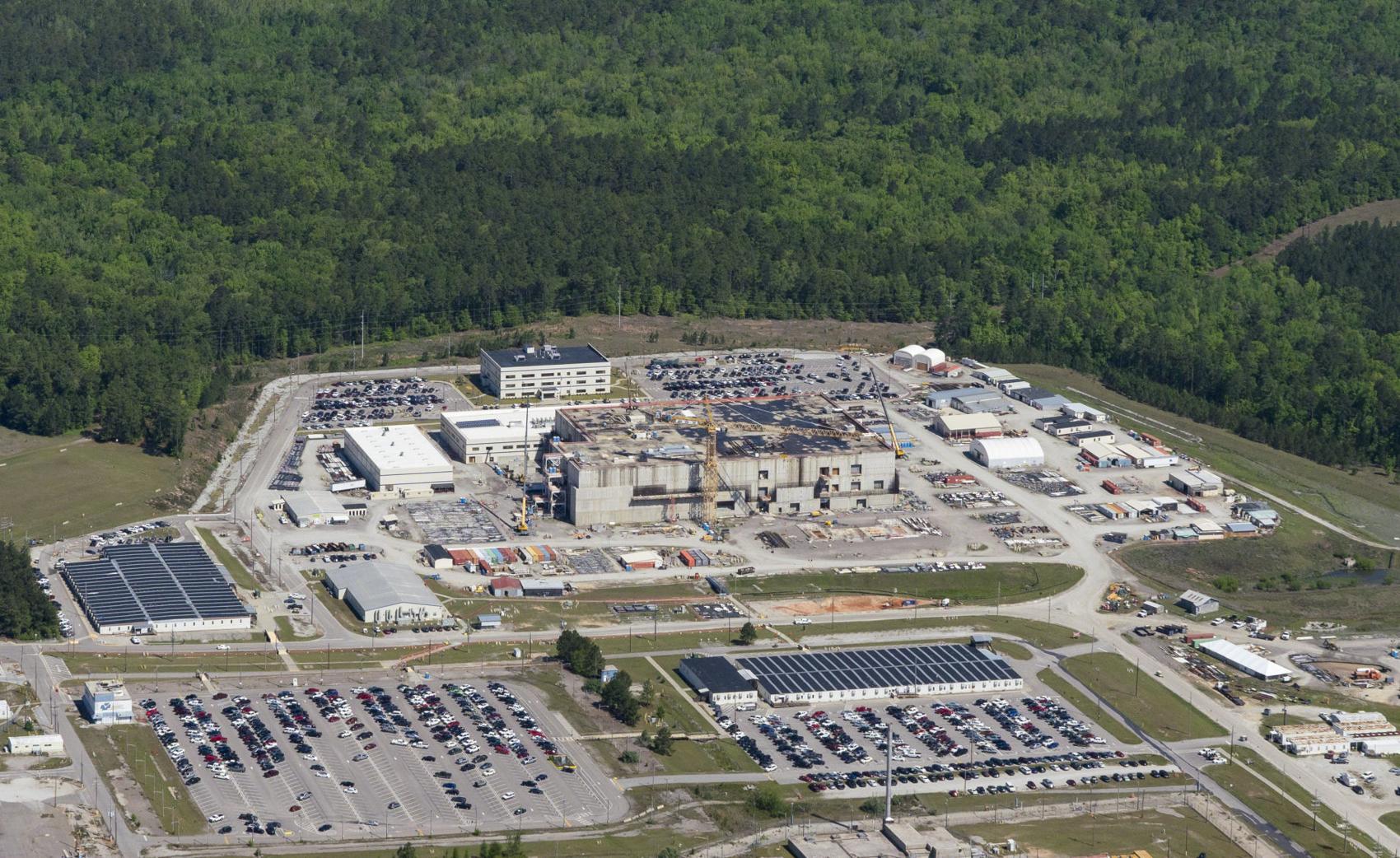U.S. Sen. Lindsey Graham is urging the nation’s highest court to take up what appears to be South Carolina’s final push to resuscitate a shuttered nuclear facility at the Savannah River Site and bolster federal rules tied to plutonium processing and long-term storage.

BY COLIN DEMAREST | postandcourier.com
Graham, a South Carolina Republican who chairs the Senate Judiciary Committee, argues that the federal government walked away from its obligation to address the plutonium stored in the Palmetto State. He addressed these concerns in a brief filed July 11 with the U.S. Supreme Court.
“The federal government previously made legally binding commitments to the state of South Carolina in recognition of its sovereign status and its proprietary interests,” Graham argued in the brief. “It has now breached those commitments, causing injury to the state that a court may redress.”
The brief describes Graham as “personally familiar” with the matters at hand and profoundly interested in the federal government’s promises to the state, which he was involved in negotiating.
S.C. Attorney General Alan Wilson, alongside a Columbia and Charleston law firm, last month petitioned the high court to examine the legal circumstances that led to the termination of the Mixed Oxide Fuel Fabrication Facility at SRS, a sprawling nuclear complex south of Aiken and near the Georgia border.
South Carolina’s legal team specifically asked the Supreme Court to evaluate a federal appellate court’s determination that the state lacked grounds to challenge the Energy Department’s decision to ax MOX and formally pursue another plutonium disposition method.
That ruling from the 4th U.S. Circuit Court of Appeals last year effectively nullified protections put in place by a lower court that allowed MOX construction to proceed. One day after the ruling, the Energy Department’s nuclear security and nonproliferation arm — the National Nuclear Security Administration — killed the MOX project in full, effective immediately.
MOX, more than a decade in the making and never completed, was designed to turn 34 metric tons of weapons-grade plutonium into commercial nuclear fuel. The Energy Department ended the project after numerous cost and time overruns. Nearly $8 billion had been spent on the project by that point.
The department is now considering renovating the mothballed facility to build nuclear weapon cores.
Graham said the appeals court was wrong to decide the state didn’t have legal standing to bring a case against the federal government. By killing the MOX plant, he argued, the government had made South Carolina the “de facto permanent depository of the nation’s excess weapons-grade plutonium.”
Graham argued that the Supreme Court should hear the case because it raises a question about South Carolina’s rights and states are “entitled to the federal government’s respect.”
“These constitutional principles demand that the federal government recognize the sovereignty of the state of South Carolina by allowing it to pursue its claims,” the senior senator argued.
Graham was a vocal MOX defender, as were S.C. Gov. Henry McMaster and U.S. Rep. Joe Wilson, R-S.C.
The incomplete facility was repeatedly questioned in Washington, D.C., both before and during the Trump administration. Last summer, the senator introduced an amendment to defense legislation that would have prevented the Energy Department from ending the MOX project. It didn’t make the cut.
Graham in November 2018 described canceling MOX as a “colossal mistake.” He further described the move as “shortsighted.” Those comments came as the first wave of project workers received layoff notices.
South Carolina officials have long argued the death of MOX renders the state a nuclear dumping ground — stranding and isolating the plutonium already here.
It’s a point raised in a footnote in Graham’s brief.
About 12 metric tons of surplus plutonium are currently kept at SRS. Only some of that was meant for MOX, according to a NNSA official.
